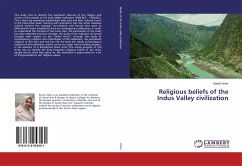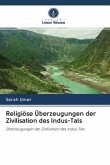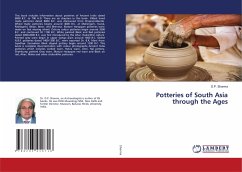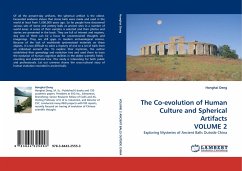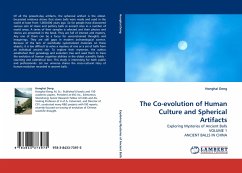This study tries to identify the significant features of the religion and culture of the people of the Indus Valley Civilization (7000 BCE - 1500 BCE). This is done by examining relationships with past and later cultures found in the Indus River basin. Starting with prehistoric man the writer develops cultural markers (for example, non-violence and Karma) that seem to differentiate Indus inhabitants from its contemporary civilizations. In order to understand the mindset of the Indus man, the parameters of the study has been extended and thus includes, the study of the evolution of human thought with respect to the "Divine Force", through the study of contemporary religions and mythologies of this civilization, the post-dated religions of this land and last but not the least the whole archaeological material of this civilization, which can be our major tool in finding answers, in the absence of a deciphered Indus script. The whole purpose of this study was to identify the long forgotten religious beliefs of the Indus people and to relive their glory. As, this civilization is appreciated for a lot of things besides its rich religious values.

